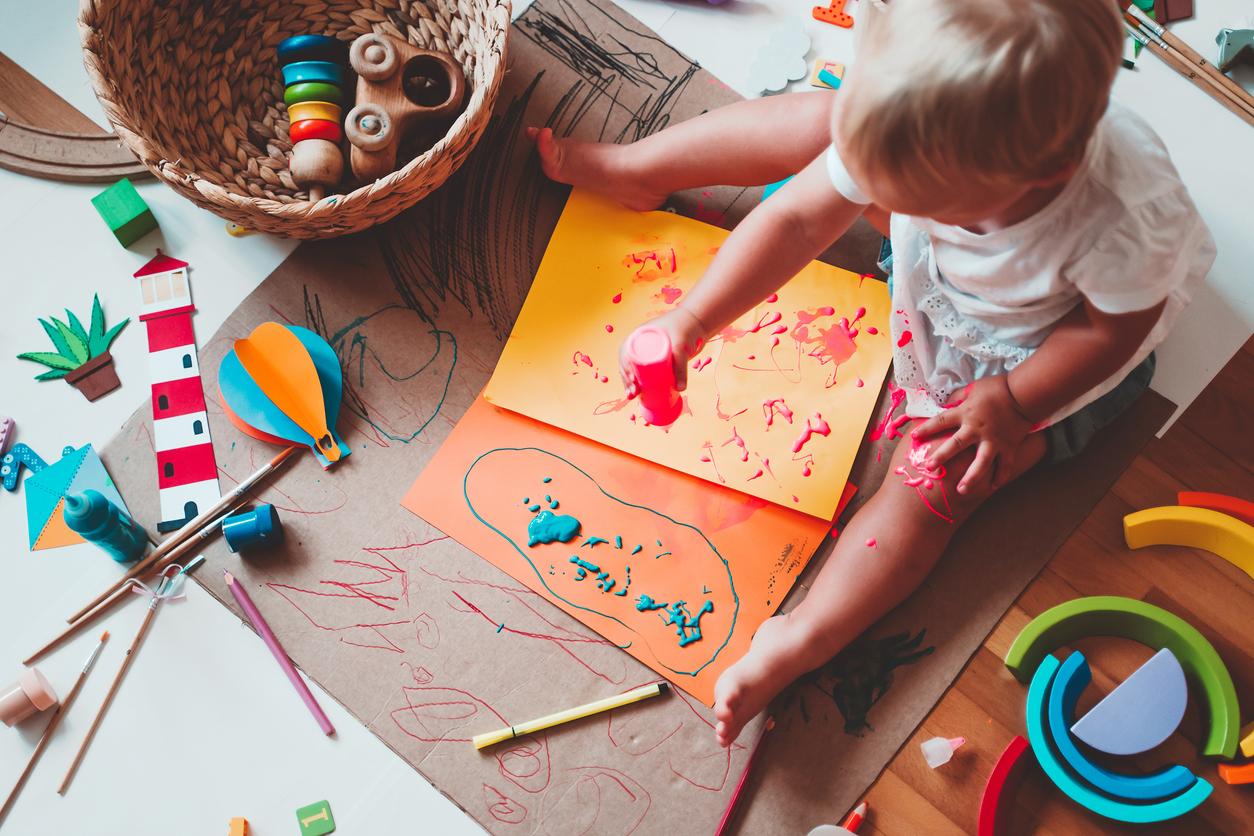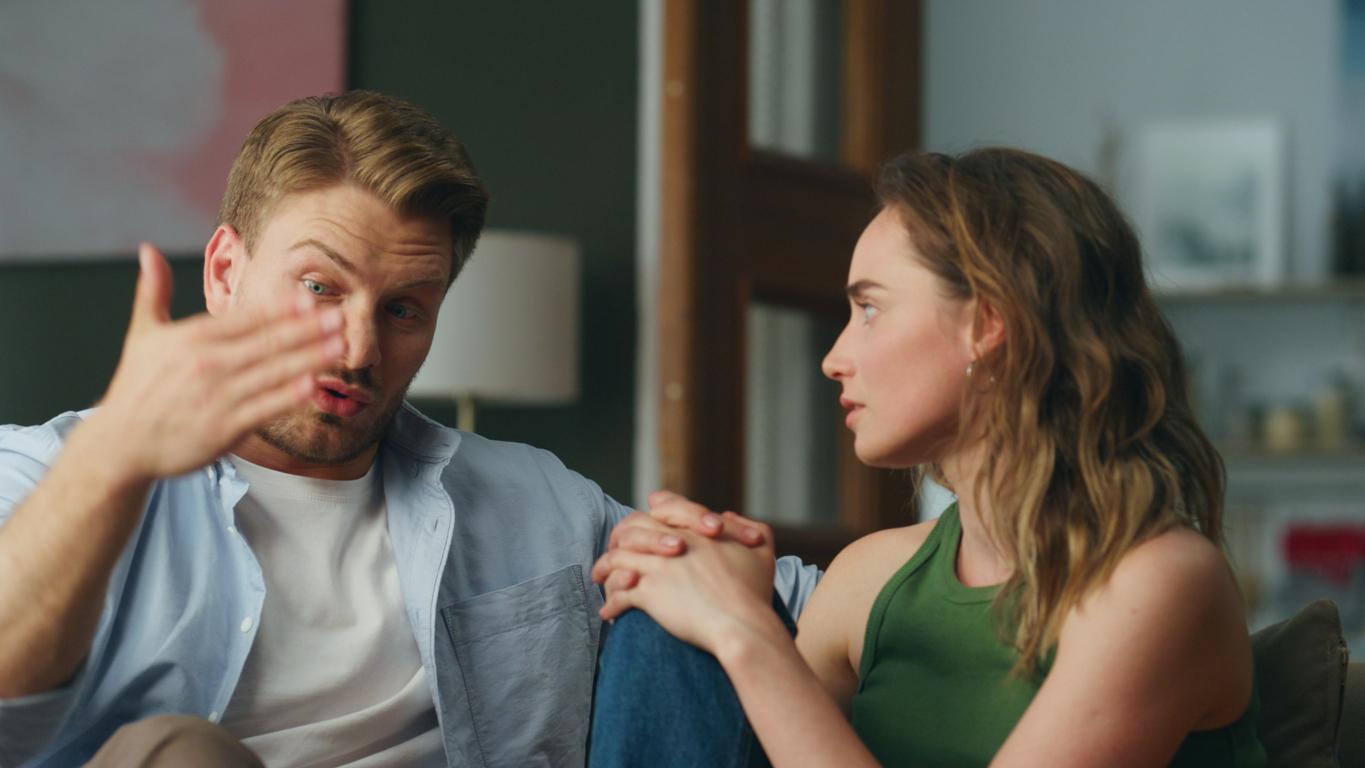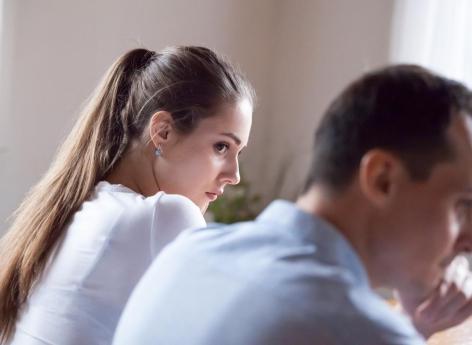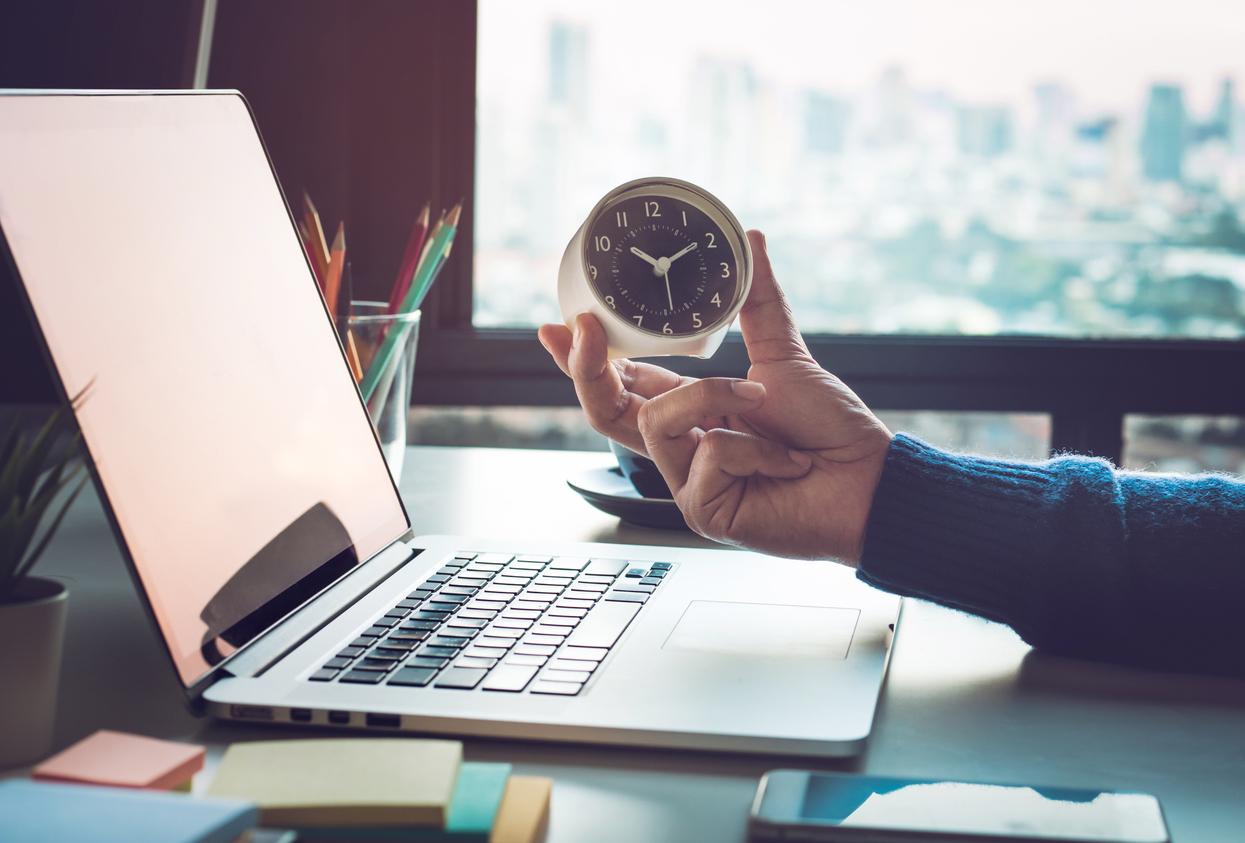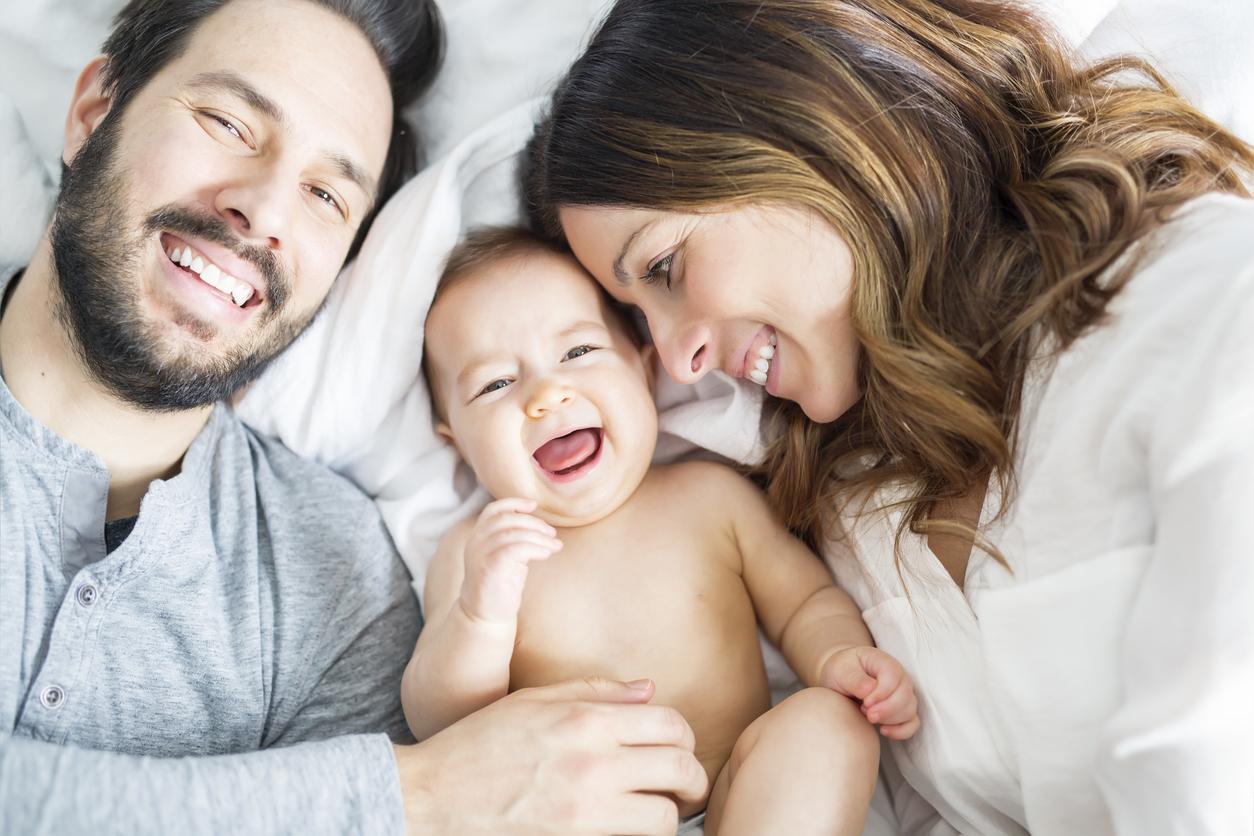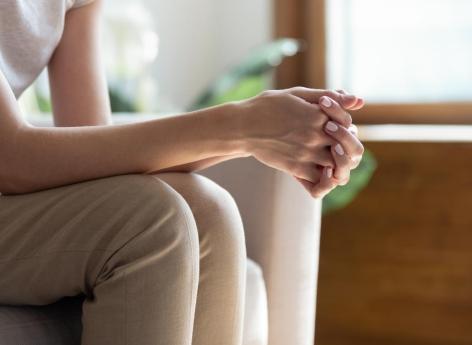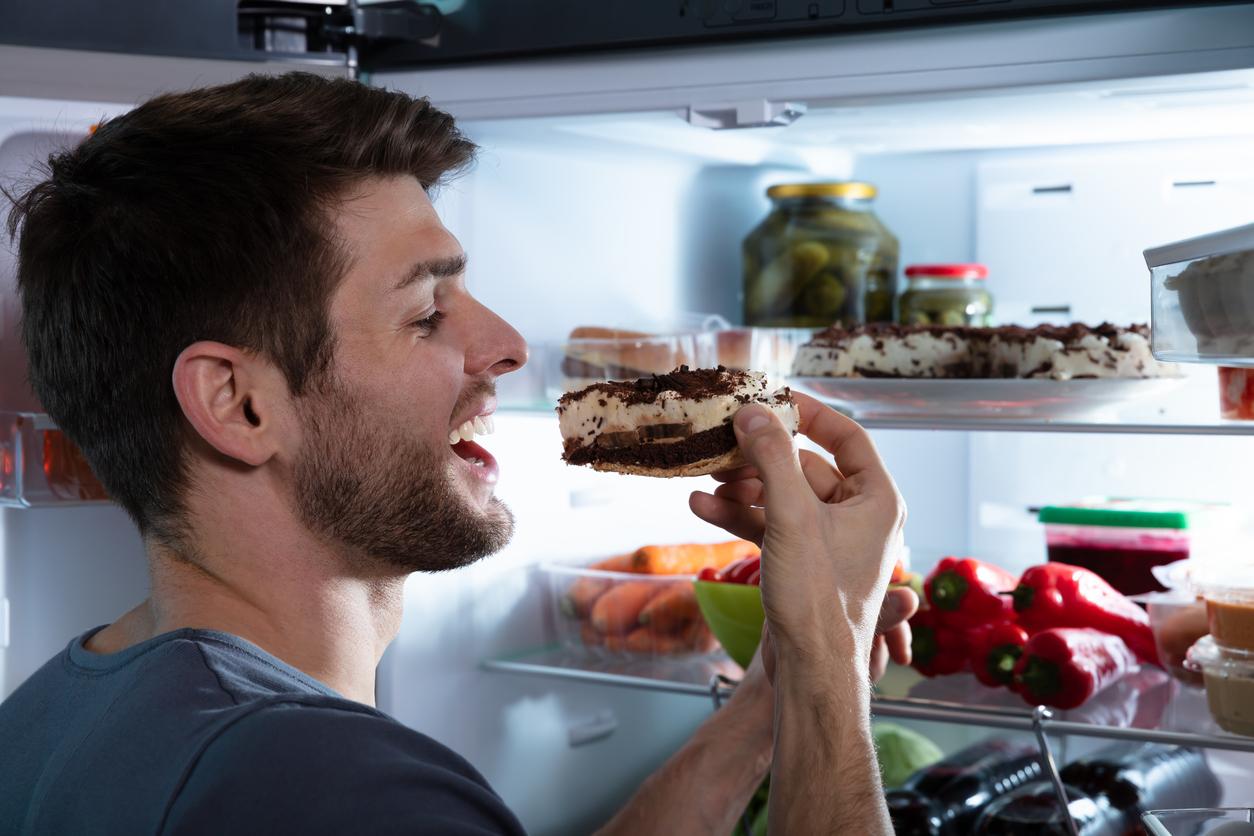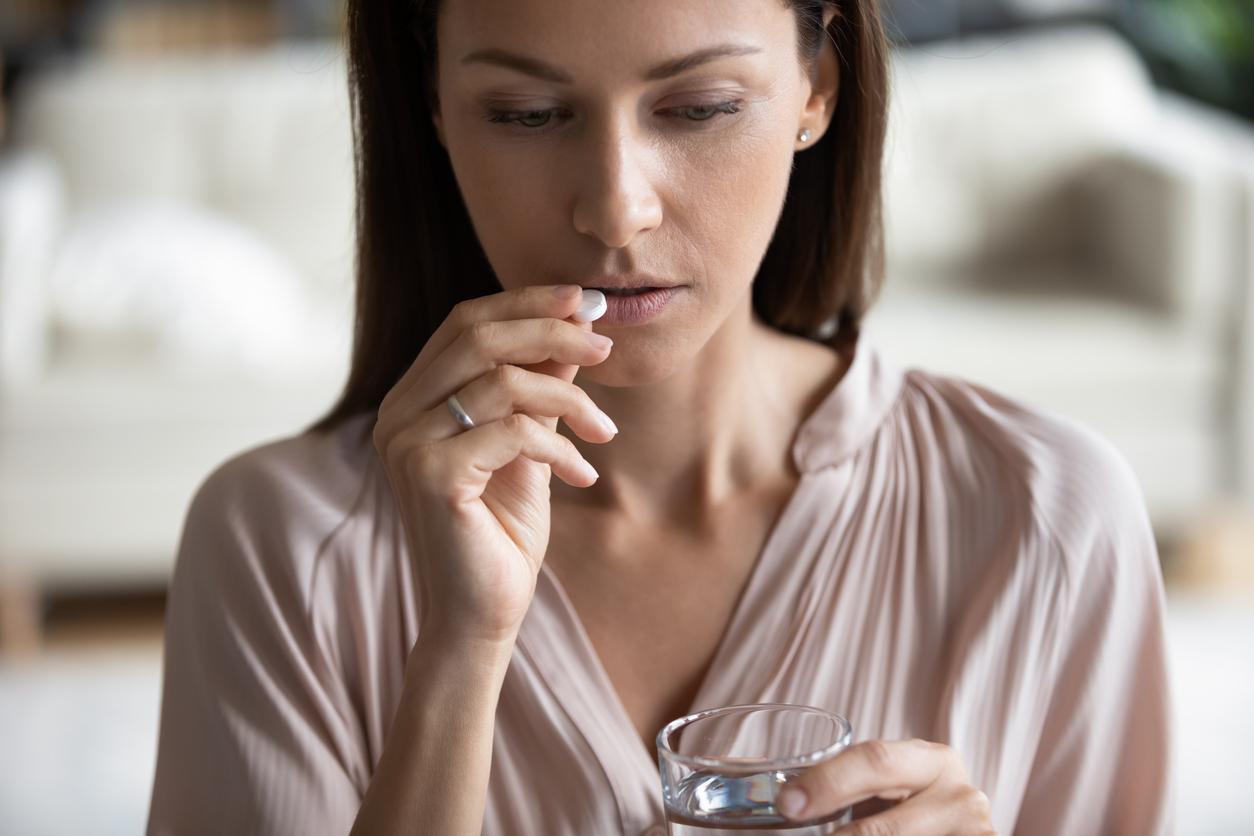The more weeks that have passed since the end of confinement, the more the return to “normal” seems to be taking place. If everyone finds their life “before”, often forgetting the good resolutions taken since mid-March, the psychotherapist Benjamin Lubszynski envisages an unconscious change within society. Maintenance.
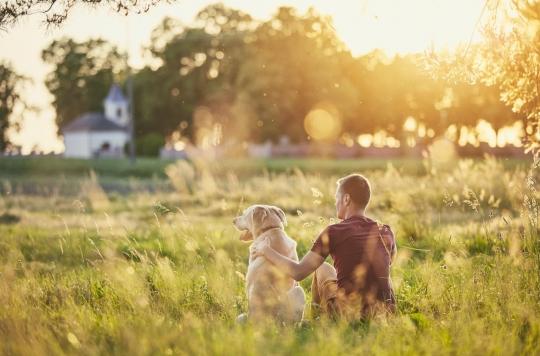
Life seems to resume its course. Fewer and fewer people in masks are walking the streets, the number of Covid-19 cases is falling, the terraces of bars and restaurants are full: everything would lead one to believe that the health crisis never took place. On a personal basis, as pointed out The HuffPostthe “good resolutions” taken during confinement turn, for the most part, into wishful thinking. Nonetheless, the psychotherapist Benjamin Lubszynski believes that individual and collective change is on the way.
Why doctor: How to explain that the “good resolutions” taken during confinement are no longer kept?
Benjamin Lubszynski: The ‘good resolutions’ made during confinement are often, in reality, comfort or life-changing decisions. For the first time, we were able to test for several weeks what everyday life would be like without the ‘metro, work, sleep’ while respecting our own rhythms, with a timetable that we master: the relationship to time was different, and each had the opportunity to be his own leader.
We cannot take all the decisions of comfort, because they depend purely and simply on the context: given that the classical organization of life has been put back in place, all the automatic reflexes have been reactivated.
What is problematic in the current context?
I think it’s really a timing issue. For example, in the movie Alexander the Blessed, the main character decides to stop working and living to have fun. He repeats : ‘You have to take the time to take your time’, but in today’s society, with increasing commuting times and various responsibilities like caring for children, most people feel like they don’t have the time. It is for this reason that the changes appear to be very difficult.
With my patients, when we want to implement a change, we impose a time, we create an obligation. Whatever they want to start doing, like taking salsa lessons or becoming a volunteer in an association, everything else has to revolve around it because if we don’t create the time first, the activity is swallowed up by our daily lives. and our relationship to screens.
What about life changing decisions?
Many people dream of moving, of having a balcony, of going green, of leaving the city… All these ambitions take time, they are not so easy to set up and do not necessarily correspond to the mentality companies. The latter have begun to see that telework is productive, but they need to go further to allow their employees to work completely remotely, and that will not happen automatically, there are still obstacles.
We are in a situation where, overall, we have not yet learned the lessons of what happened. However, when we do not see the change collectively, we do not see it individually either. For example, in the trends that are beginning to emerge, there is a kind of movement of deurbanization, of a return to green: we see this in the choice of holidays, in real estate, and with the desire to telecommute, but that don’t go any further. We are not witnessing the renewal of an ecological ambition, nor of significant social change, so there is not necessarily an echo at a more individual level.
Why are we not witnessing a collective desire for change?
We are still a little under the effect of amazement, we recover a standard of living that we had abandoned for two months, so it takes time. I saw the beginning of a study on the subject, nothing very scientific, but I contact it with my patients: they are much more stressed since the end of confinement, because they can no longer sleep 8 hours a night, among other things . They have become accustomed to completely different rhythms and, suddenly, they find themselves in nature.
I hear that very often, with an ambivalent perception: the virus is still there, but we are told that we can get out. Admittedly, there are fewer infected people, but, for all that, we are still not protected. We were safe at home, now we have to find the outside world, with all the barrier gestures that implies, and this is not necessarily a moment during which we dream of changes, because there is still a background of threat. On the other hand, I am very confident about an unconscious change.
How could this unconscious change manifest itself?
Something quite incredible happened, which we had never experienced in recent history except during the two world wars: there was a complete change in lifestyle. We’ve seen what a city looks like with almost no one on the street, what it’s like to be in control of your time, to consume less, to sleep more, to see your friends less… What’s more, you don’t didn’t experiment on a vacation mode for one or two weeks, but on two months.
This means that we lived an alternative way of life to the usual one, even if we were perhaps not aware of it. Currently, many people tell themselves that they do not necessarily want to resume the same level of social life as before. Another example: it was very pleasant to sleep 8 hours a night, the benefits are obvious, we are in better shape, happy, and less stressed. Even if we have not consciously learned from it, unconsciously the preference and the possibility of change are marked in us.
I expect a reactionary change that is all the stronger since many have not yet become aware of what they have been through. For the moment, we may have said basic things like: ‘I would like to change jobs’, but we lived such a strong, so different experience that I don’t see how it could not lead to changes from an individual point of view, then from a societal point of view. I am certain that we are only at the very beginning of the evolution, with first changes in the organization of teleworking. This is an important point that has already come up, but there will be others.
.









